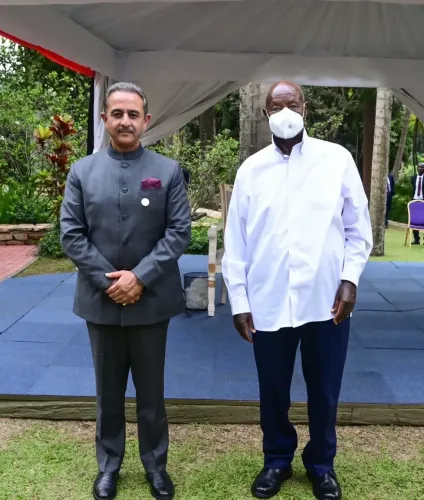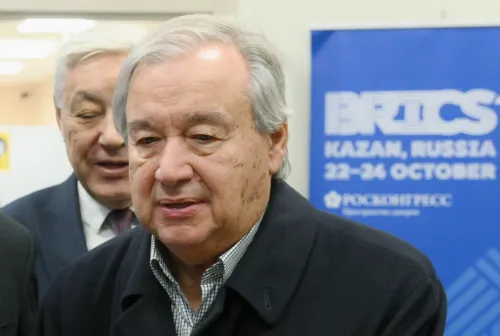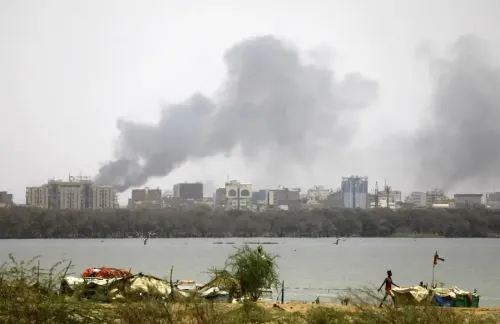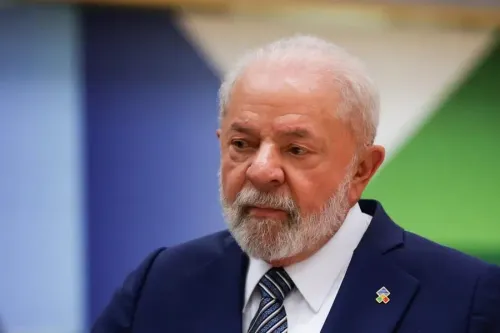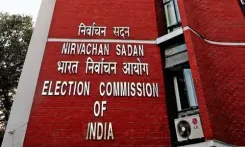Is India Firmly Committed to a 2-State Solution for Palestine?
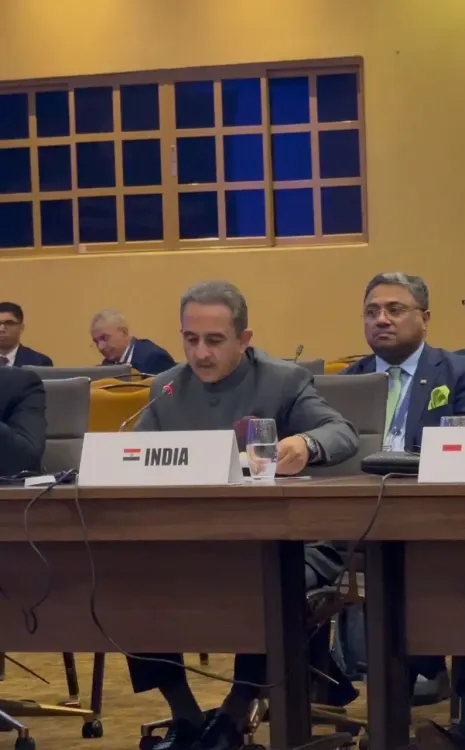
Synopsis
Key Takeaways
- India reaffirms support for a two-State solution.
- Commitment to peace in West Asia highlighted.
- Engagement with Mali and Somalia for bilateral cooperation.
- Uganda to lead NAM from 2024-26.
- India’s historical role in humanitarian assistance.
Kampala, Oct 16 (NationPress) Emphasizing its enduring position for a negotiated two-State solution, Union Minister of State for External Affairs Kirti Vardhan Singh highlighted New Delhi's dedication to fostering a peaceful and stable West Asia during the Non-Aligned Movement (NAM) Ministerial Committee on Palestine meeting held in Kampala, Uganda.
Singh represented India at the opening ceremony of the 19th Mid-Term Ministerial of the NAM, hosted by Uganda under the theme of 'Deepening Cooperation for Shared Global Affluence' on Wednesday (local time).
In a post on X, Singh stated, "I presented the national statement at the NAM Ministerial Committee on Palestine meeting in Kampala today. The Committee was formed under India's chairmanship of NAM in 1983. I reiterated India's humanitarian support to the people of Palestine and reaffirmed our long-standing position on a negotiated two-State solution in West Asia. India is committed to realizing the vision of a peaceful and stable West Asia."
During the 19th NAM Ministerial meeting, Singh also engaged in discussions with Mali's Foreign Minister Abdoulaye Diop regarding multifaceted bilateral relations.
Furthermore, Singh met with Somalian State Minister for Foreign Affairs Ali Mohamed Omar to explore further avenues for bilateral cooperation.
Uganda will serve as the chair of NAM for the period of 2024-26.
Prior to Singh's visit, the Ministry of External Affairs remarked, "The Mid-Term Ministerial under the theme of 'Deepening Cooperation for Shared Global Affluence' signifies India's role as a founding member of the movement, which unites 121 developing nations on a historically significant platform. India remains devoted to the principles and values embodied by this movement."

